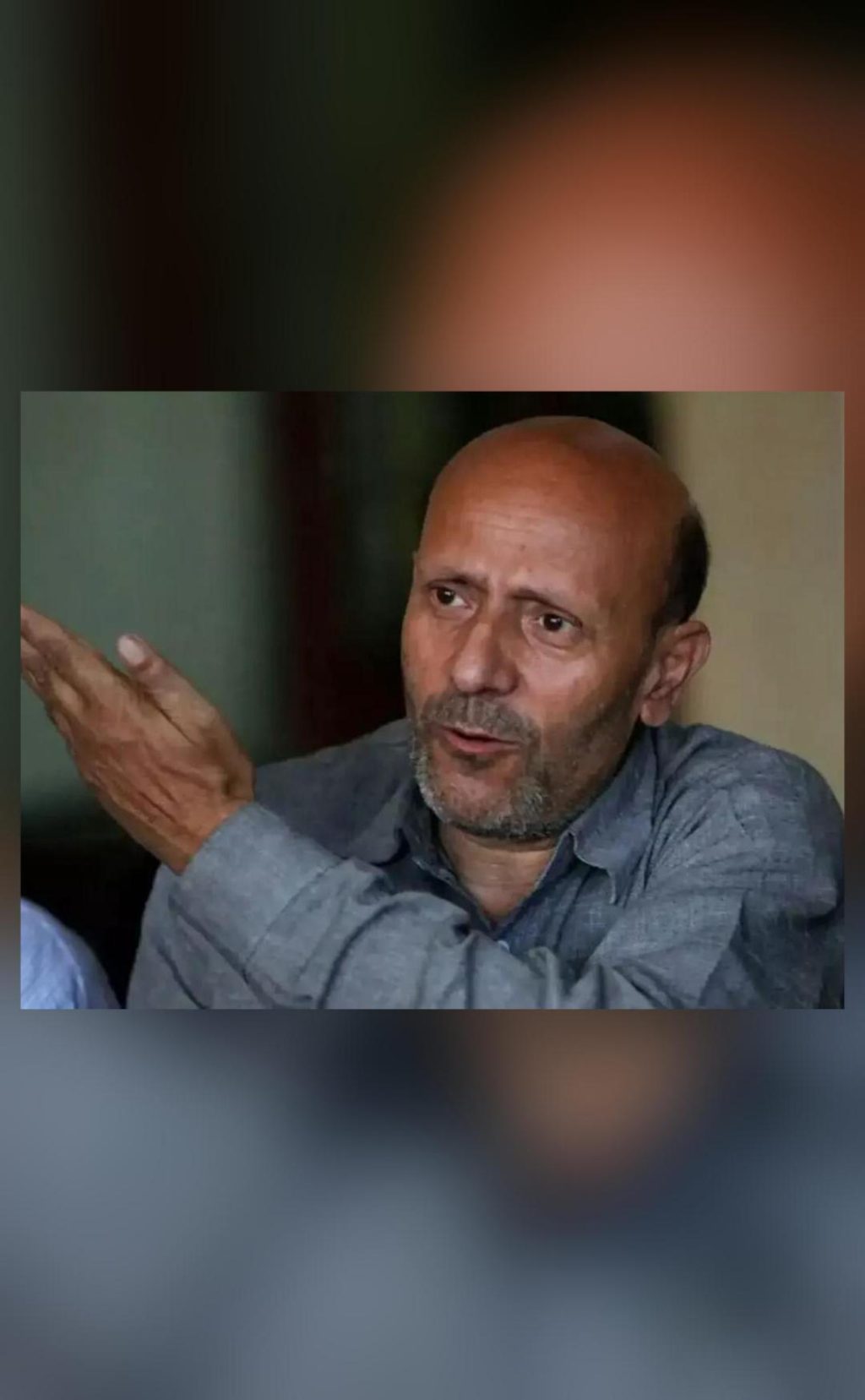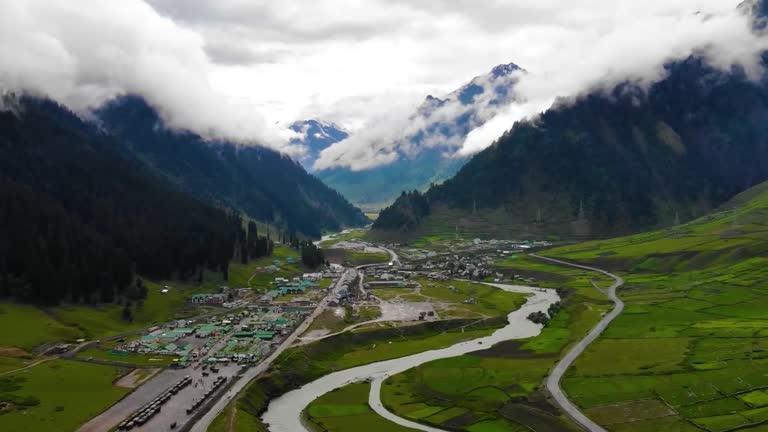
Jailed J&K MP Engineer Rashid Gets Parole to Attend Parliament
In a significant development, the Delhi High Court has granted two-day custody parole to jailed Baramulla MP Engineer Rashid to attend the ongoing budget session of Parliament. This parole will allow Engineer Rashid, who is currently serving a sentence in Tihar Jail, to attend the Parliament sessions for a limited period. The court has, however, imposed certain conditions on him, including a ban on using phones, the internet, and speaking to media or anyone else.
Engineer Rashid, a prominent leader from the National Conference, has been facing trial in a terror funding case. The court’s decision to grant him parole is seen as a significant development in the context of parliamentary proceedings, as he is a member of the Lok Sabha.
The Delhi High Court’s order came on a petition filed by Engineer Rashid’s counsel, who sought permission for his client to attend the Parliament sessions to participate in the budget debate. The counsel argued that as a member of Parliament, Engineer Rashid has the right to attend the sessions and participate in the legislative process.
The court, while granting the parole, imposed several conditions to ensure that Engineer Rashid does not misuse his freedom. According to the conditions, he will be escorted by police during his stay in Delhi, and he will not be allowed to use his phone, the internet, or speak to media or anyone else. The court also directed that Engineer Rashid will be allowed to stay in a designated hotel in Delhi and will have to return to Tihar Jail after the two-day parole period expires.
The court’s decision has been seen as a significant development in the context of parliamentary proceedings, as it allows Engineer Rashid to attend the Parliament sessions and participate in the budget debate. The decision is also seen as a reflection of the court’s willingness to balance the rights of a lawmaker with the requirements of the law.
Engineer Rashid’s arrest in 2017 was a significant event in the political landscape of Jammu and Kashmir. He was arrested by the National Investigation Agency (NIA) on charges of terror funding and money laundering. The NIA had accused Engineer Rashid of receiving funding from Pakistan-based terror organizations and using the money to finance terrorist activities in the country.
The case against Engineer Rashid is still ongoing, and he is currently serving a sentence in Tihar Jail. However, the court’s decision to grant him parole to attend the Parliament sessions has raised hopes that he may be able to play a more active role in the legislative process.
The grant of parole to Engineer Rashid has also sparked a debate on the issue of lawmakers’ rights and the need for balance between their rights and the requirements of the law. Some have argued that lawmakers should be given more flexibility to attend Parliament sessions, while others have raised concerns about the potential misuse of parole by lawmakers.
In conclusion, the Delhi High Court’s decision to grant parole to Engineer Rashid is a significant development in the context of parliamentary proceedings. The court’s decision reflects a balance between the rights of a lawmaker and the requirements of the law. While Engineer Rashid’s arrest and trial have been controversial, the grant of parole to attend the Parliament sessions is a positive development that allows him to participate in the legislative process.




